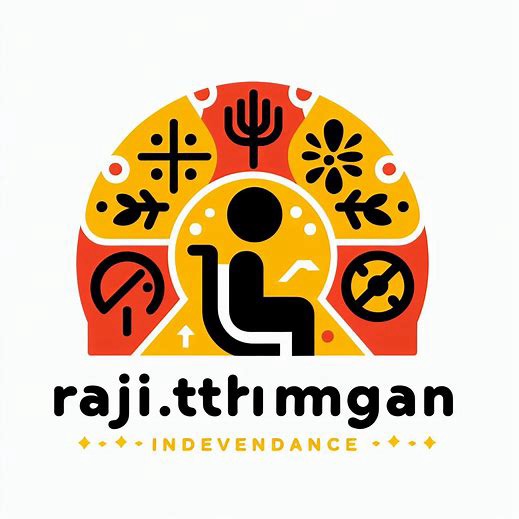Let’s talk happiness. Not the fleeting, Instagram-filter kind, but the deep-down, contented sigh of a cat draped over a sun-warmed windowsill. We’re diving into Epicureanism, and no, it’s not about endless toga parties (though a well-curated charcuterie board might make an appearance). Think of it as the philosophical equivalent of a perfectly balanced meal – not all decadent dessert, but a nourishing blend of flavors.
Epicureanism, at its core, whispers of maximizing pleasure and minimizing pain. Sounds simple, doesn’t it? Like something embroidered on a throw pillow. But the Epicureans were sharper than that. They knew true pleasure wasn’t the fleeting rush of instant gratification. It’s not about chasing the next dopamine hit like a caffeinated hummingbird flitting from flower to flower. That kind of pleasure is a sieve, constantly needing refilling. Instead, they sought ataraxia – tranquility, like a still pond reflecting a cloudless sky – and aponia – the absence of pain, like a gentle breeze rustling through leaves, not a howling storm.
How do you find this inner peace? Well, according to Epicurus, it’s not about running around like a squirrel burying nuts, frantically pursuing every whim. It’s about choosing wisely, like sinking into a well-worn armchair instead of perching on a trendy but uncomfortable stool. Imagine your life as a garden. Epicureanism isn’t about planting rare orchids demanding constant attention. It’s about cultivating sturdy, reliable herbs that offer consistent joy. Friendship, for example, is like a rosemary bush – resilient, fragrant, and always there to add flavor to your life.
“We must, therefore, consider what produces the pleasantest life, not to squander it on all sorts of desires, but to know which of them, when gratified, bring the greatest pleasure and for the longest time.” – Epicurus. That’s wisdom distilled. It’s like your grandmother saying, “Don’t chase every firefly, child. Focus on the ones that light up the whole night.”
Now, about those “pleasures.” Epicurus categorized them: natural and necessary (air to breathe, water to drink, a roof overhead), natural but not necessary (a gourmet meal, a silk robe), and neither natural nor necessary (fame, fortune, a diamond-encrusted phone case). He argued that true happiness blossoms from focusing on the first category. It’s Maslow’s hierarchy of needs with a philosophical lens. Picture yourself on a deserted island. You need the basics to survive. Then, maybe a comfy hammock. But if you’re agonizing over becoming the island’s supreme ruler, you’ve missed the point.
Epicureanism isn’t about denying yourself joy. It’s about being discerning about it. It’s choosing a rich, dark chocolate over a handful of sugary candies. It’s finding joy in the quiet moments – a well-loved book, a steaming cup of tea, a heartfelt conversation. It’s about nurturing inner peace, like a carefully tended bonsai, where the weeds of worry and fear are pruned away. And yes, perhaps a shared platter of artisanal cheeses with friends. Because even philosophers deserve a little indulgence.
So, take a quiet moment. Look at your own “garden.” What sturdy plants have you nurtured? What weeds need pulling? Where do you pour your precious energy – chasing fleeting whims or cultivating lasting joy? Consider what truly brings you ataraxia and aponia. You might be surprised by what you unearth.
Discover more from Rajath tirumangalam‘s professional and personal journey
Subscribe to get the latest posts sent to your email.
